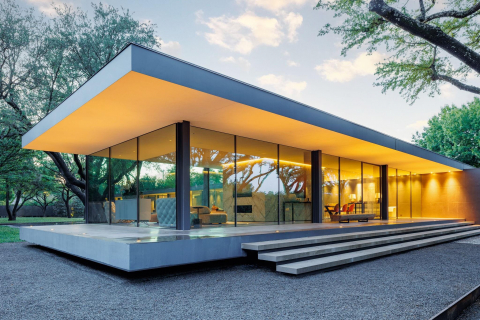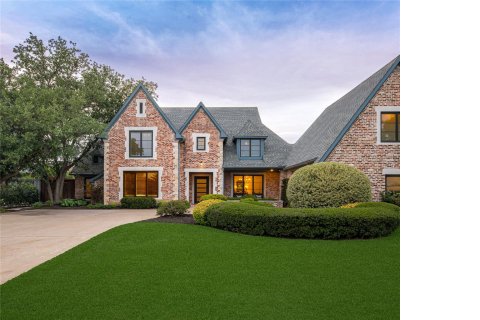The Tsar, The Composer and The Revolution — Rachmaninoff’s Complex Russian Legacy Comes to Life In Houston
Take a Melodic Journey Through Russia's Riches and Ruins at Stages Theatre
BY Adrienne Jones // 10.09.24Hershey Felder and Jonathan Silvestri in "Rachmaninoff and the Tsar" at Stages Theater. (Photo by Stefano Decarli)
A powerful blend of history and music is set to captivate audiences at Stages Theatre with Rachmaninoff and the Tsar. History buffs and fans of Sergei Rachmaninoff’s sweeping compositions should be enthralled by this new musical play from acclaimed playwright, pianist and actor Hershey Felder. Running from this Thursday, October 10 through October 21, the production arrives in Houston after a highly praised summer debut in California.
Felder is renowned for his one-man portrayals of classical composers, including Beethoven, Bernstein, Chopin, Debussy and Tchaikovsky. He began his career in 1998 with George Gershwin Alone, which opened in Los Angeles. The show later moved to Broadway, resulting in more than 3,000 performances nationwide.
In Rachmaninoff and the Tsar, Felder portrays Rachmaninoff, the last great Russian Romantic composer. He is joined by British-Italian actor Jonathan Silvestri, who plays Nicholas II, the last tsar of Russia.

Rachmaninoff”s success with Piano Concerto No. 2 in 1900 sets the story in motion. The work won the admiration of the Russian Imperial family, especially the Tsar’s brother Grand Duke Mikhael. This connection led to a meeting between Rachmaninoff and Tsar Nicholas II at the Winter Palace in St. Petersburg.
This private meeting serves as the foundation for a narrative about the two significant historic figures. Both men faced hardships — the Tsar for his failures as a ruler and Rachmaninoff for a life in exile, caused by the 1917 Russian Revolution. Rachmaninoff blamed the Tsar’s neglect of his people for the turmoil.
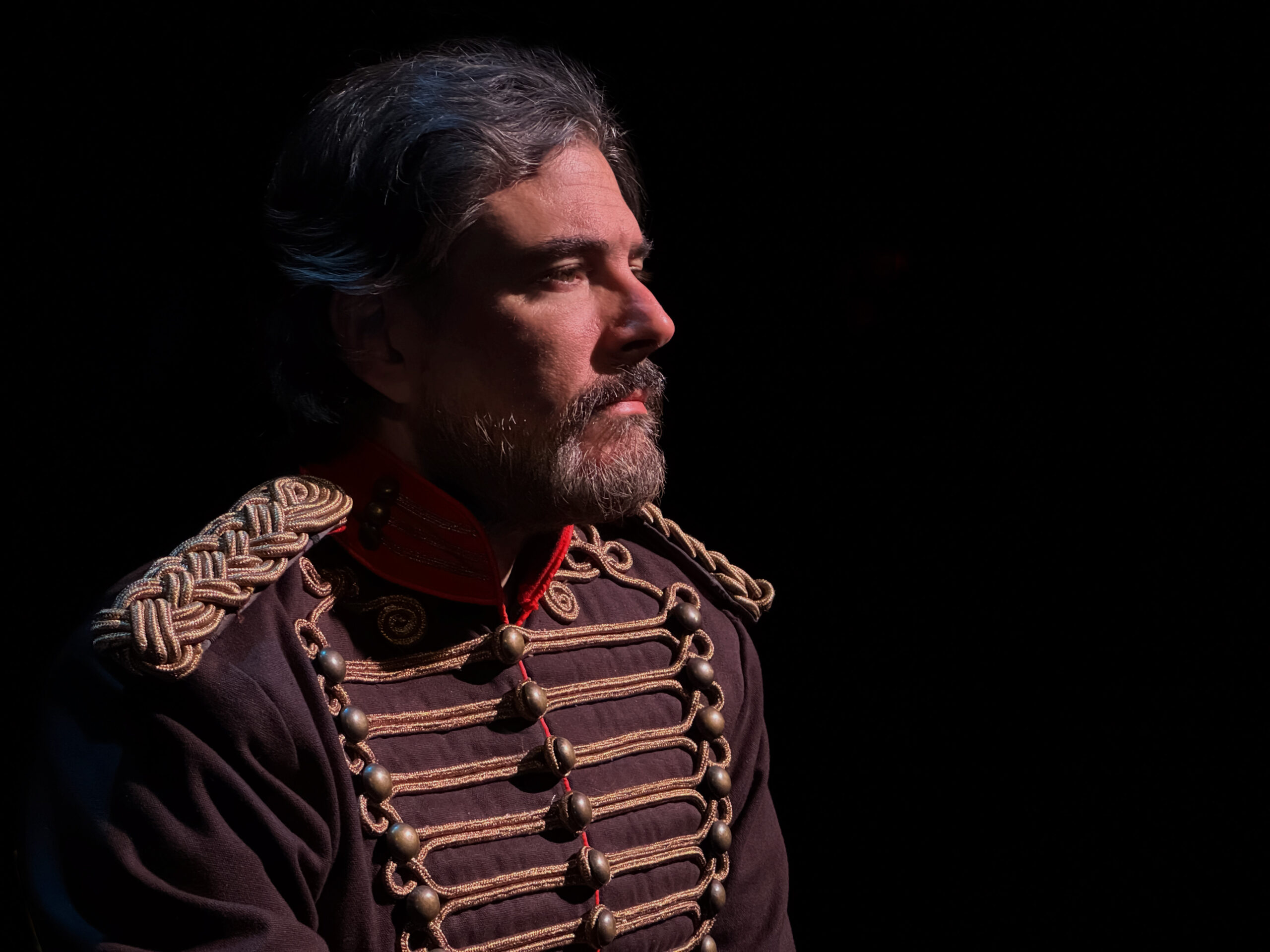
Scenes From Old Russia
Through dream-like flashbacks, Felder presents Rachmaninoff and the Tsar in scenes that draw the audience into the world of the old Russia. This is the Russia that the Tsar symbolized and Rachmaninoff cherished.
The dialogue features some of Rachmaninoff’s most beloved works, including Prelude in C# minor, Rhapsody on a Theme of Paganini and Piano Concerto No. 2. As a virtuoso pianist, Felder brings his trademark sensitivity and passion to these performances.
Felder sets his play in the garden of Rachmaninoff’s Beverly Hills home, where the composer spent his final years of his life before dying of cancer in 1943 at age 69. The garden reflects Rachmaninoff’s love of gardening and personal landscapes he designed wherever he lived. Visual projections by Stefan Decarli and costumes by Marysol Gabriel enhance the story’s connection to past events and issues that still resonate today.
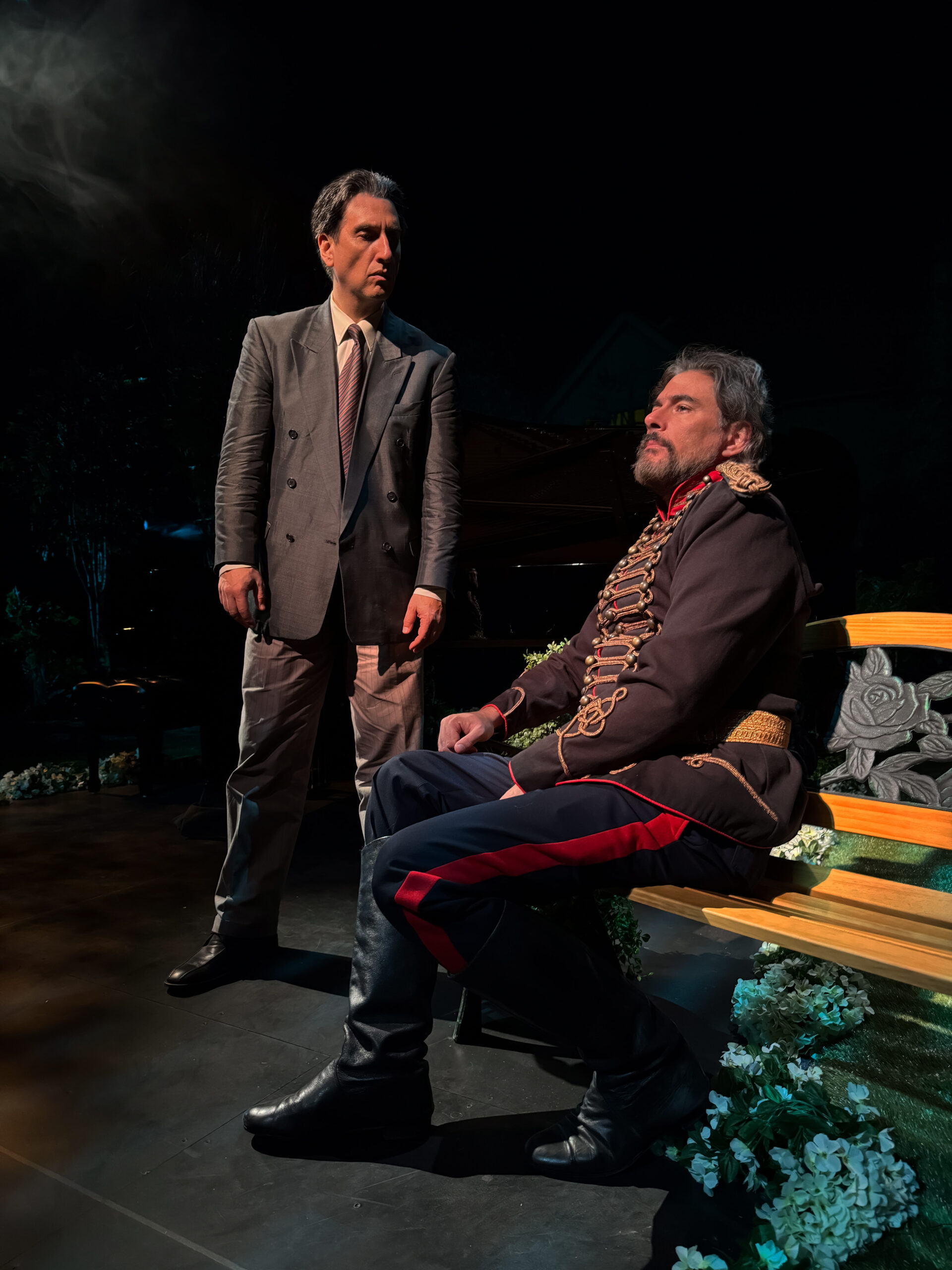
Rachmaninoff’s journey from his beloved homeland during the Russian Revolution strikes a chord today. In December 1917, he and his family fled war-torn Russia, escaping via train from St. Petersburg to the Finnish border. They continued by rail and sled to Helsinki, then traveled to Stockholm and Copenhagen, eventually arriving in the United States in November 1918.
Rachmaninoff carried his genius with him, but something within him may have been extinguished along the way. He created only six works after leaving Russia.
Before the revolution, Rachmaninoff expressed his deep faith through his 1915 masterpiece, All Night Vigil. This unaccompanied choral work, with texts from the Russian Orthodox Church, evokes both prayerfulness and melancholy, perhaps foreshadowing the coming upheaval.
Toward the end of his life, some say his compositions were about the idea of “what might have been” in reference to the Silver Age of Nicholas II, a period when Russia experienced cultural flourishing while hurtling toward revolution in the 1890s. Through his music, Rachmaninoff seemed to reflect on this pivotal moment in history.
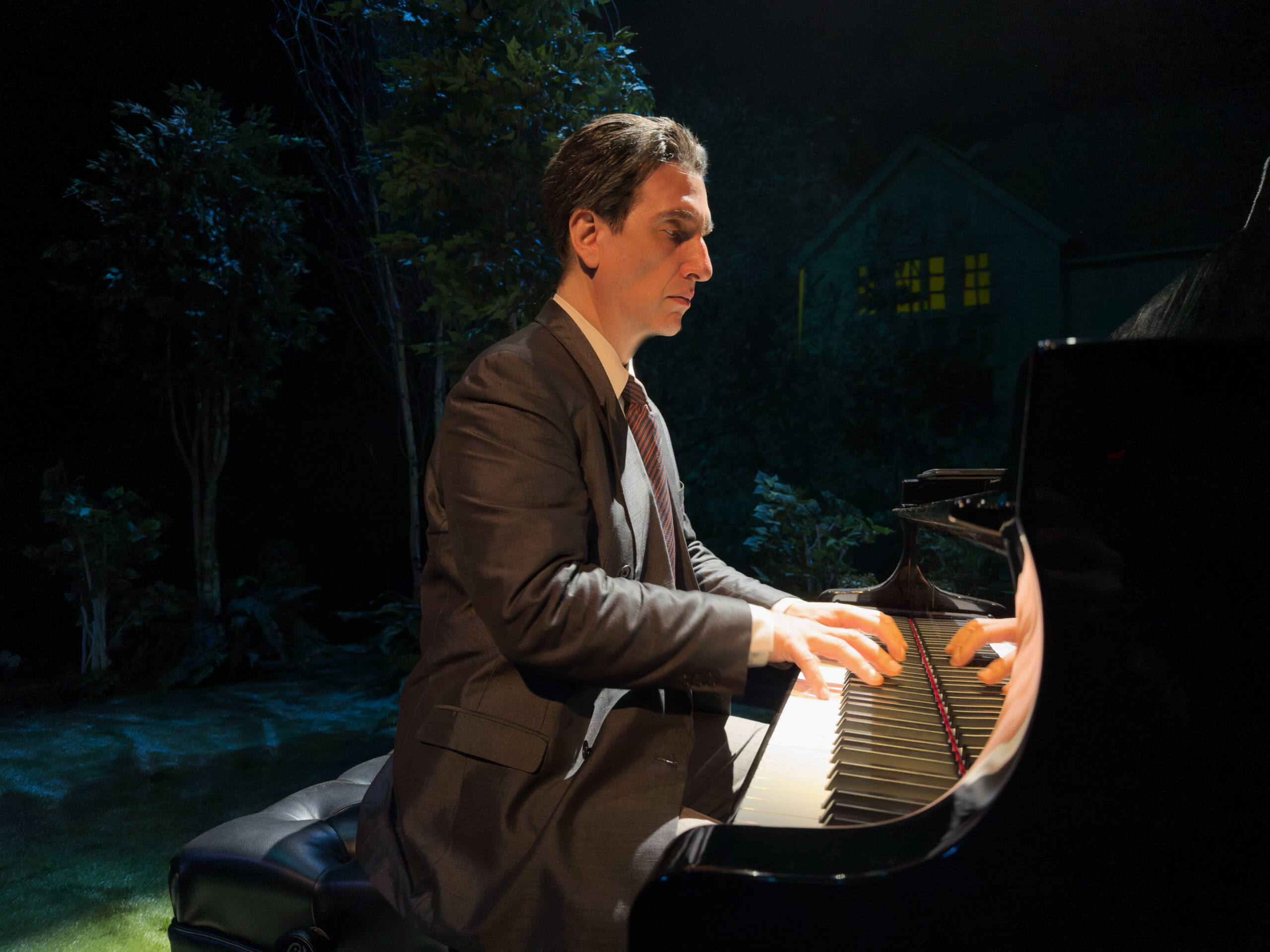
A Composer Longs for a Lost Homeland
Felder’s portrayal of Rachmaninoff shows the audience how memories shape much of what we know as art. No piece better expresses Rachmaninoff’s attachment to his homeland than his 1913 choral masterpiece The Bells. The text, taken from Edgar Allen Poe’s poem, reflects the composer’s longing for his childhood and the Russia he once knew.
Although the composition ends in alarm and turmoil, almost as a prophecy of the revolution that would transform Russia and much of the world forever, the first movement is among the most charming in classical music. “The Silver Sleigh Bells” is Rachmaninoff’s childhood memory of a sleigh ride on a winter’s night and the sound of the church bells ringing out in the cities like Novgorod, Kiev and Moscow.
In his 1934 memoir, Recollections Told to Oskar von Risemann, Rachmaninoff recalls the bells. “They accompanied every Russian from childhood to grave, and no composer could escape their influence,” he writes. “In the drowsy quiet of a Roman afternoon, with Poe’s verses before me, I heard the bell voices. I tried to set down on paper their lovely tones that seemed to express the varying shades of human experience.”
This is the heart of the man Felder captures in Rachmaninoff and the Tsar.
Rachmaninoff and the Tsar runs for 12 performances from this Thursday, October 10 through Sunday, October 21 at Stages Theatre on 800 Rosine Street. There are no performances on Monday, October 14. For more information and tickets, go here.





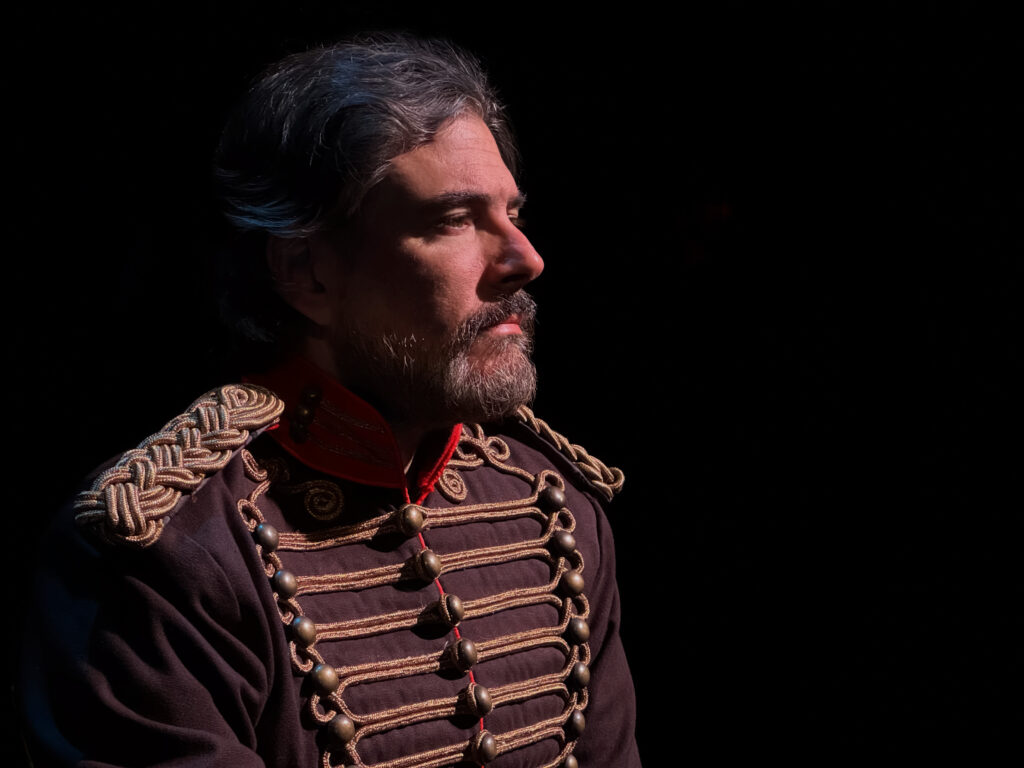
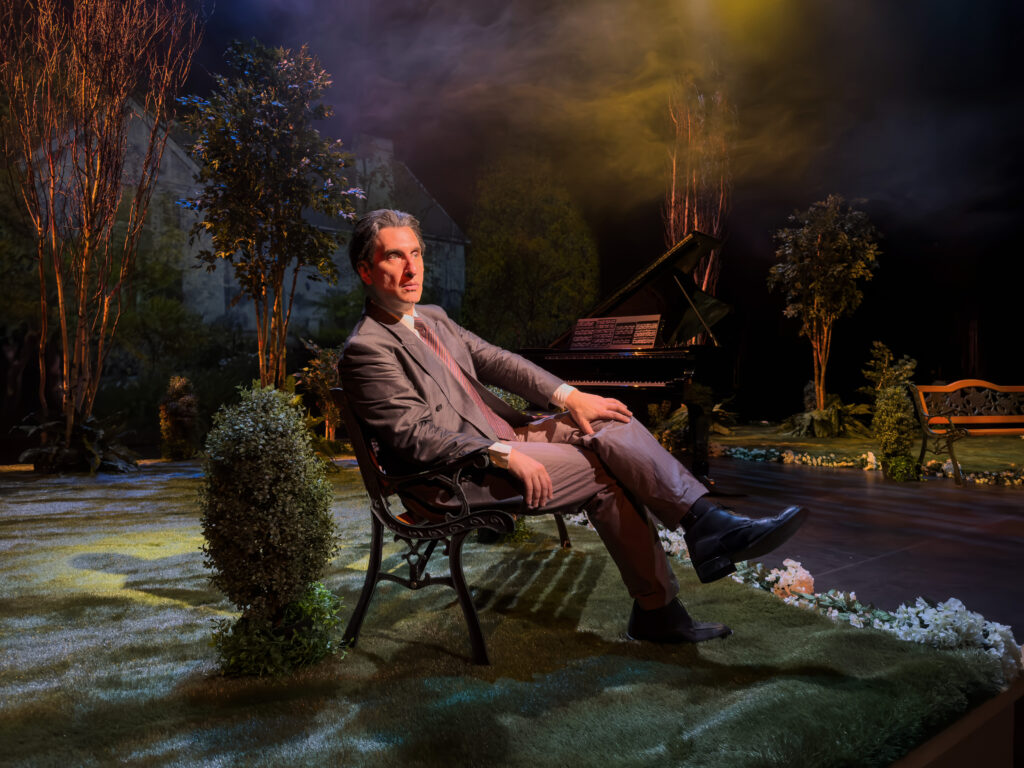
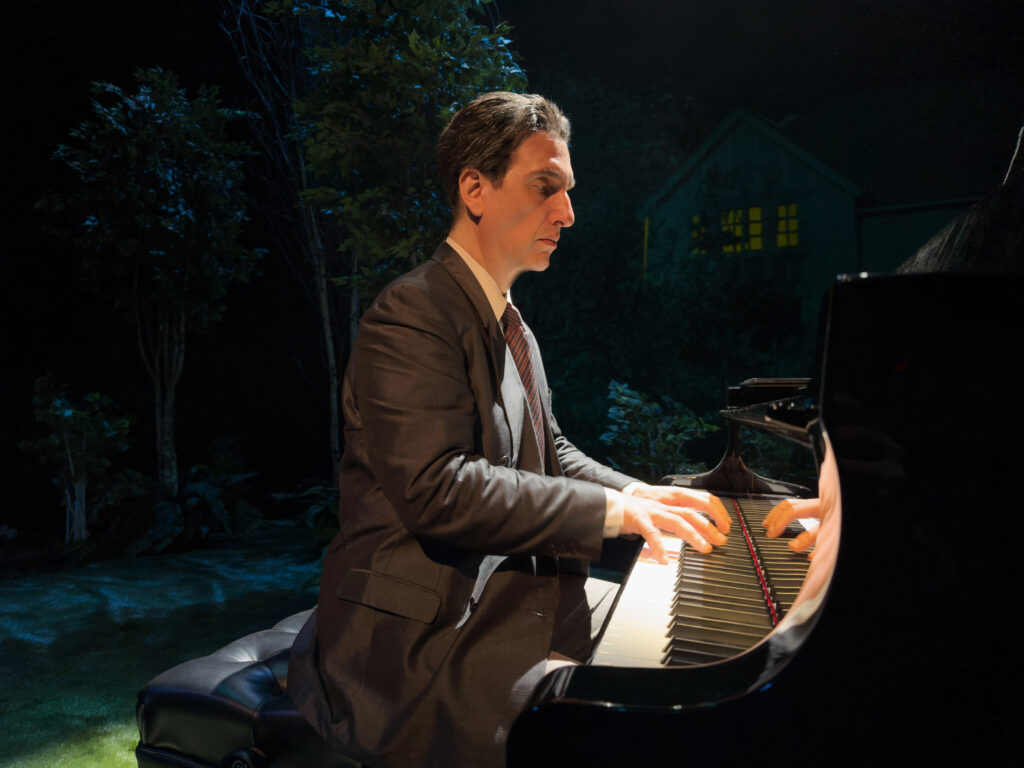




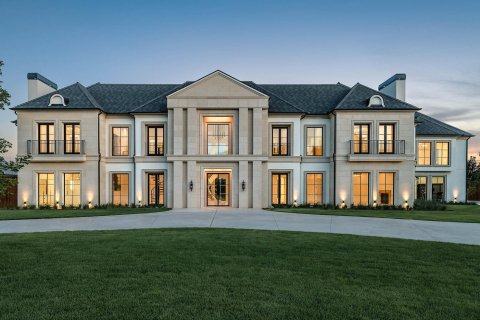



_md.jpeg)






